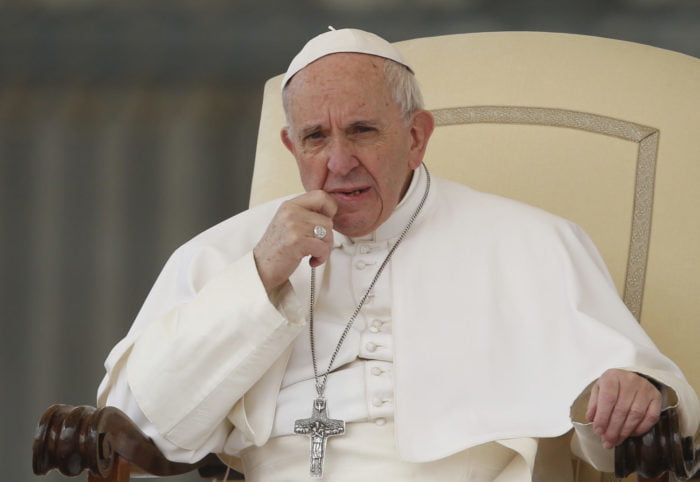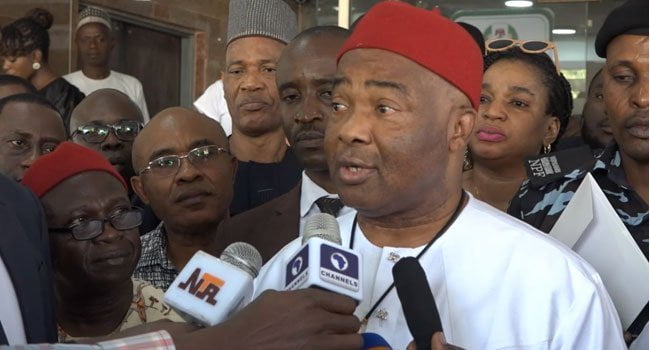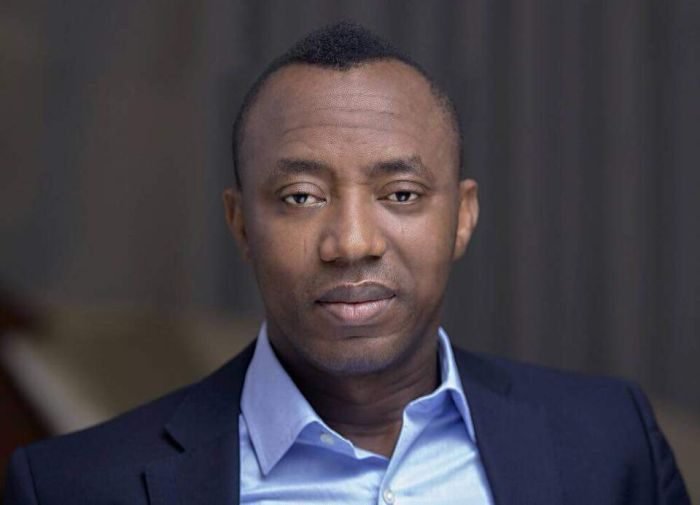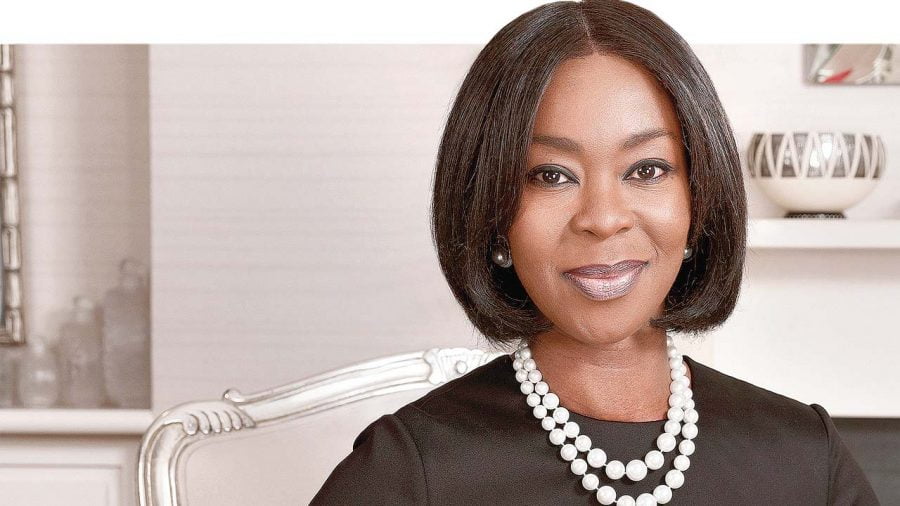-Pope Francis was flying to Democratic Republic of Congo on Tuesday for a visit that will highlight the human cost of protracted conflict and exploitation of the vast central African country’s mineral wealth.
The 86-year-old pontiff is expected to land in the capital Kinshasa around 1400 GMT. After a welcome ceremony and a meeting with President Felix Tshisekedi, he will give a speech to authorities, diplomats and representatives of civil society.
On Wednesday, he will celebrate Mass and meet victims of violence from the eastern part of the country, which is blighted by recurring fighting between rebels from the M23 group and government troops.
“I wanted to go to Goma but we can’t because of the war,” the pope told reporters during his flight, referring to a city in eastern Congo that he had originally planned to visit before that stop was scrapped because of fighting in the region.
While his plane was flying over the Sahara, the pope seized the opportunity to speak about the plight of African migrants who cross the desert in an attempt to reach Europe.
“Let us stop for a moment in silence, in thought, in prayer for all those people who, seeking a bit of wellbeing, a bit of freedom, crossed it but did not make it,” he said.
“So many, suffering, who arrived at the Mediterranean and after crossing the desert were put in concentration camps,” he said, referring to detention camps in Libya. It was not the first time he had used that language to describe them.
SUFFERING AND HUNGER
The last papal visit to Congo was by John Paul II in 1985, when it was still known as Zaire.
“We are fine-tuning our plans to greet the pope with joy, love and respect,” said Catholic priest Victor Ntambwe.
“We have been stagnating here for 60 years. For the past 20, we have been under attack. The people are suffering and dying of hunger. We have too many widows and orphans,” he said, adding that the pope would speak up for Congo on the world stage.
Congo has some of the world’s richest deposits of diamonds, gold, copper, cobalt, tin, tantalum and lithium, but its abundant mineral resources have stoked conflict between militias, government troops and foreign invaders. Mining has also been linked to inhumane exploitation of workers and environmental degradation.
Eastern Congo has also been plagued by violence connected to the long and complex fallout from the 1994 genocide in neighbouring Rwanda.
An estimated 5.7 million people are internally displaced in Congo and 26 million face severe hunger, largely because of the impact of armed conflict, according to the United Nations.
SOUTH SUDAN NEXT
Roman Catholics make up about half of Congo’s population of 90 million and the Church plays a crucial role in running schools and health facilities as well as promoting democracy.
First scheduled for last July, the pope’s trip was postponed because he was suffering a flare-up of a chronic knee ailment.
During his flight, he told reporters that he was unable to walk up and down the aisles greeting them individually, as used to be his habit earlier in his papacy — but it was not the first time he had forsaken the walk due to mobility issues.
Barriers were being erected along the pope’s planned itinerary and security personnel were patrolling Kinshasa as the city awaited the pope’s arrival, causing giant traffic jams and disrupting commutes and school drop-offs, residents said.
At the Martyrs’ Stadium, a canopy overhanging a stage where the pope is scheduled to deliver a public address on Thursday collapsed during a storm on Sunday night. It was being repaired and authorities said it would be ready on time.
Francis will stay in Kinshasa until Friday morning, when he will fly to South Sudan, another country grappling with conflict and poverty.
In a first, he will be accompanied for that leg of his journey by the Archbishop of Canterbury, leader of the global Anglican Communion, and by the Church of Scotland Moderator.
(Additional reporting by Justin Makangara, Benoit Nyemba, Sonia Rolley, Stanis Bujakera and Paul Lorgerie; Writing by Estelle Shirbon; Editing by Jonathan Oatis, Alexandra Hudson)





